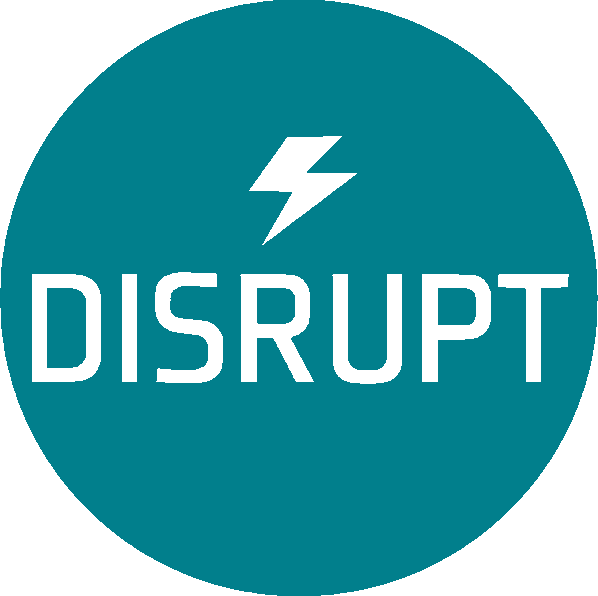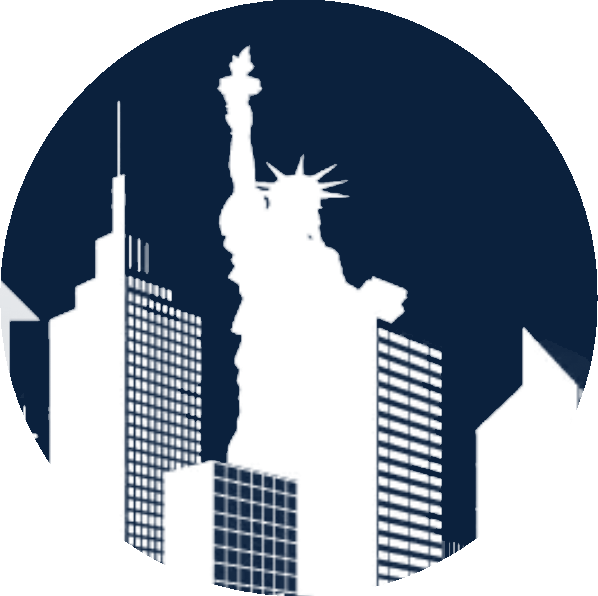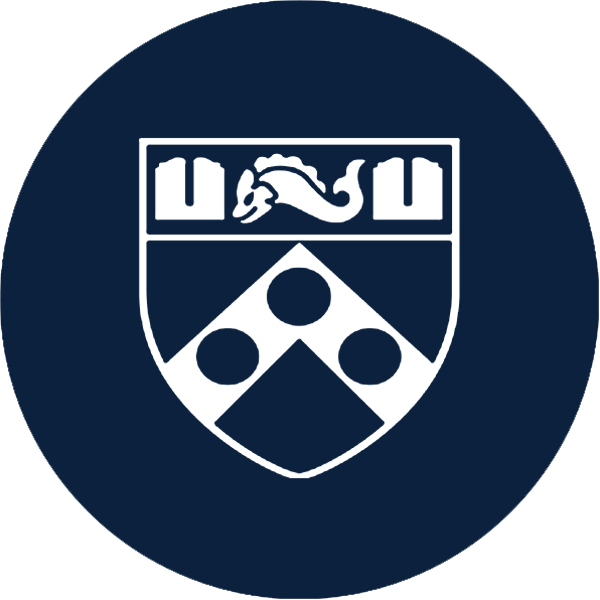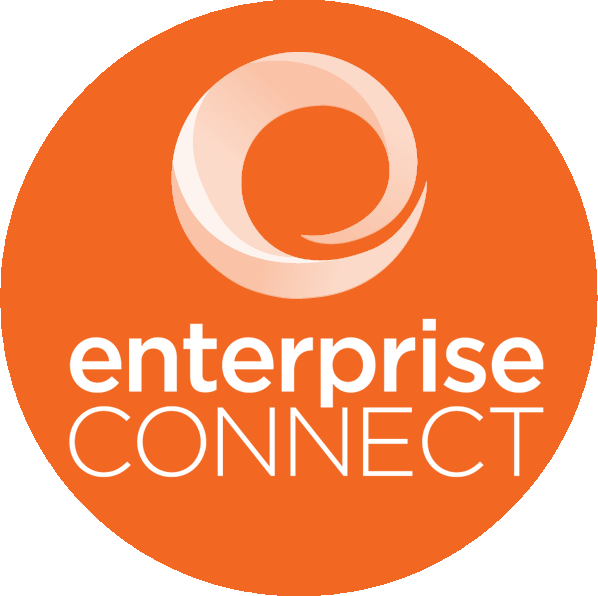Feeling lonely?
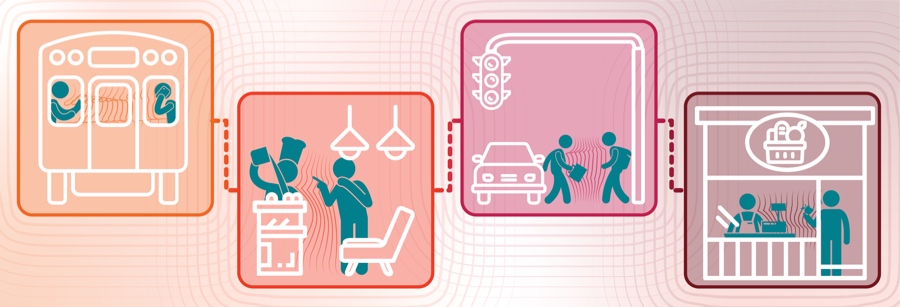
You may be missing your daily commute as much as it’s missing you!
Introverts or extroverts, we’re all social creatures. Our interactions with others matter, both in terms of quality and quantity. It’s a new year, and while many of us headed into 2024 with some trepidation, we all have the power to change our routines. For us, 2024 sparkles with the possibility of new connections. Let’s work on improving our overall “social fitness” by cultivating what researchers call “weak ties.” Read more in On Our Minds.
On our minds
In 2023, we saw plenty of articles and even a warning from the US Surgeon General about the epidemic of loneliness and its mental and physical health impacts. There has also been research into the root causes of loneliness and how to combat them. Two big findings have emerged from all this research. The first is that relationships, even more than health, are the primary factor in our happiness. The second, which is perhaps more surprising, is that relationships don’t have to be strong to have a strong impact.
The longest study on well-being was begun by Harvard researchers in 1938 and continues to this day. It followed Harvard students and low-income young men from Boston throughout their lives, and later, their partners and descendants. While the study has limitations (it began as all white men), it clearly demonstrates that reliable relationships are key to “the good life” (current researchers just published a book with the same title).
Other studies have asked people to talk to strangers on their commute and begin conversations with their baristas. Those who interacted experienced a measurable mood bump, over control groups of non-interactors. A 2022 study examined data from eight countries and concluded that people who have multiple types of interactions throughout the day—with strangers, acquaintances, colleagues, family, close friends, etc.—are happier than those who only talk to familiars. We've written about the importance of acquaintances and “weak” connections in terms of career networking, but these types of connections are also important in terms of enhancing our overall well-being, perhaps because they remind us that we are part of a larger community.
So, returning to "the office" may have benefits that have little to do with corporate quotas. If we’re leaving our houses less regularly, we’re likely having fewer interpersonal interactions. We’re not nurturing our weak ties—the person you always see at your bus stop, the cashier at the deli where you grab lunch, the street musician who frequents the corner you pass on your walk to the office. We’re not getting those socially-predicated dopamine hits throughout the day that lower our anxiety and boost our mood. (This also suggests that the much hailed, and sought after, active-commute implies both a socially and physically active commute.)
Young adults (between 18-30) may be the loneliest of us all, according to research. They likely felt the disruptive effects of the pandemic more keenly. They missed out on formative social milestones and may generally feel less comfortable interacting with strangers, as indicated by statistics on the growing rates of social anxiety.
An overall reluctance to return to the physically collocated office may be indicative of a generational shift. The youngest cohort of workers missed the whole Gen X/Millennial office-as-playground scene, where we mixed work and life late into the night, on giant tech campuses, with multiple food and social options. PLASTARC’s own research shows that those who had the least opportunity to telework pre-Covid have some of the highest preference for this model in the future. The youngest in our workforce also had the shortest job tenure, prior to going remote. This cohort may be more comfortable with digital communication, they probably attended (at least some of) college digitally, and they’ve used social media most of their lives.
But culture writers identified the “homebody” trend before Covid forced it upon us. The general idea is that young adults are too broke, too burned-out, and too exhausted to take on the unpredictable world at-large. Since about 2010, when smartphones really hit the mass market, US teens have been spending less and less face-to-face time with their friends, according to a long-running University of Michigan study. That 16-year-old from 2010 is today’s lonely 30-year-old.
The thing about social interactions is that often, the more we retreat from them, the more difficult they become. It’s a “get back on the horse” kind of thing, but also an “it’s never too late” kind of thing.
So, in this new year, we challenge you to work on what those researchers call your “social fitness,” by practicing connecting with people every day. In other words, don’t leave casual encounters entirely up to chance. Maybe you figure out a schedule that combines working from home with co-working from a neighborhood cafe or working in-office. Maybe it’s time to move some of your online interactions into the physical world. (In part because you might meet even more people along the way). Intentionally cultivate your weak ties. Ask the delivery person about their day or offer to quickly refill their water bottle. Say hi to neighbors as you walk your dog, or even better, stand around and chat with folks at the dog park. In addition to generating small positive interactions, weak ties are laden with possibility. You never know when a weak tie will become a strong, or even consequential, relationship. Remember, most ties start off as weak ties, and along with time, our “ties” are the most important thing we’ve got.
From the archives
In the past, PLASTARC rang in the new year with conversations about doing hybrid well, focusing on wellness at work, understanding how businesses can use occupancy data to streamline real estate offerings, and celebrating our client lululemon in their transition to activity-based working.
A few months ago, we talked about intentionally creating (and celebrating!) age diversity in the workplace. In the spirit of celebration, you may want to start 2024 with Apple’s 2023 “Show of the Year.” In the podcast Wiser than Me, actress Julia Louis-Dreyfus chats with outstanding senior women, such as Jane Fonda and Fran Lebowitz, to get their take on how to live a meaningful life. May your 2024 be full of meaning and connection!
In Case You Missed It
It’s easy to miss things during the holiday chaos! Here’s a quick catch-up.

Go Boldly into 2024
Best wishes from PLASTARC for a energizing and fulfilling 2024. For best results, face your challenges (and those of our entire industry) head-on. Don't forget resting, practicing acceptance, and seeking joy along the way.
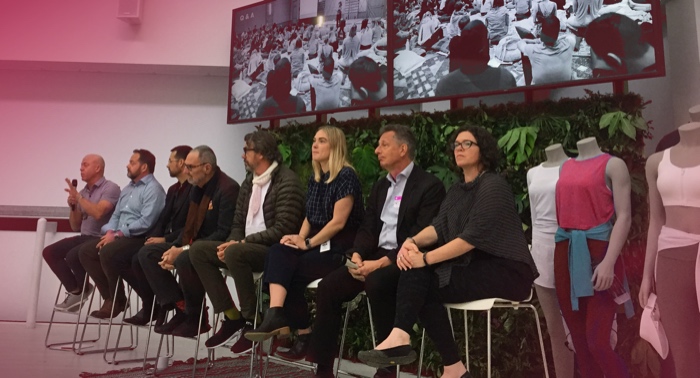
Envisioning and Implementing a More Active Workplace
Back in 2018, PLASTARC helped lululemon navigate their spatial transition, embracing workplace health. Intrigued? Read more about aligning work and life-style.
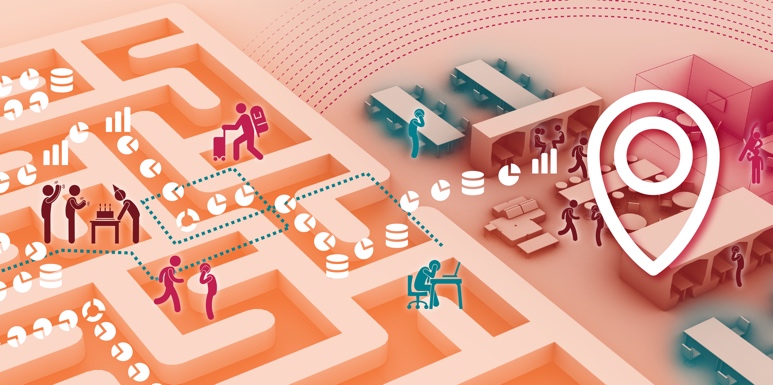
Data’s Role in Change Management
Missed our December webinar, “Getting Unstuck”? Check out this recap of the lively conversation on the key role of data in effective change management.

Property Tech Meets Built Tech
Didn’t make it to New York Real Estate Tech Week, or maybe you just need a recap? BuiltWorlds has got you covered.

Keep it Moving
NPR teamed up with Columbia University to challenge 20,000 desk workers to move throughout the day. Here's reason to pair your social interaction with some physical activity!

What’s Going on With the Robots?
You don’t have to be an MIT alum to catch this fantastic talk from ALC. Professor Aleksander Madry weighs in on the risks and opportunities of AI. It's an hour well spent.

Transforming Design and Real Estate with AI
PLASTARC’s Melissa Marsh was featured on Nicole Lashae Ben's latest Thrive In Design podcast, discussing ethical use of AI, predicting trends, and generating data-based design solutions.
Spotify | Apple | Amazon Music

The Devil’s in the Details
Employers collect data on employees for all sorts of reasons. In light of an increasing information imbalance between employer and employee, our friends at Data & Society have put together this explainer.
Looking Ahead
What are you excited about in 2024? Here's what's got us looking expectantly at the year ahead.




